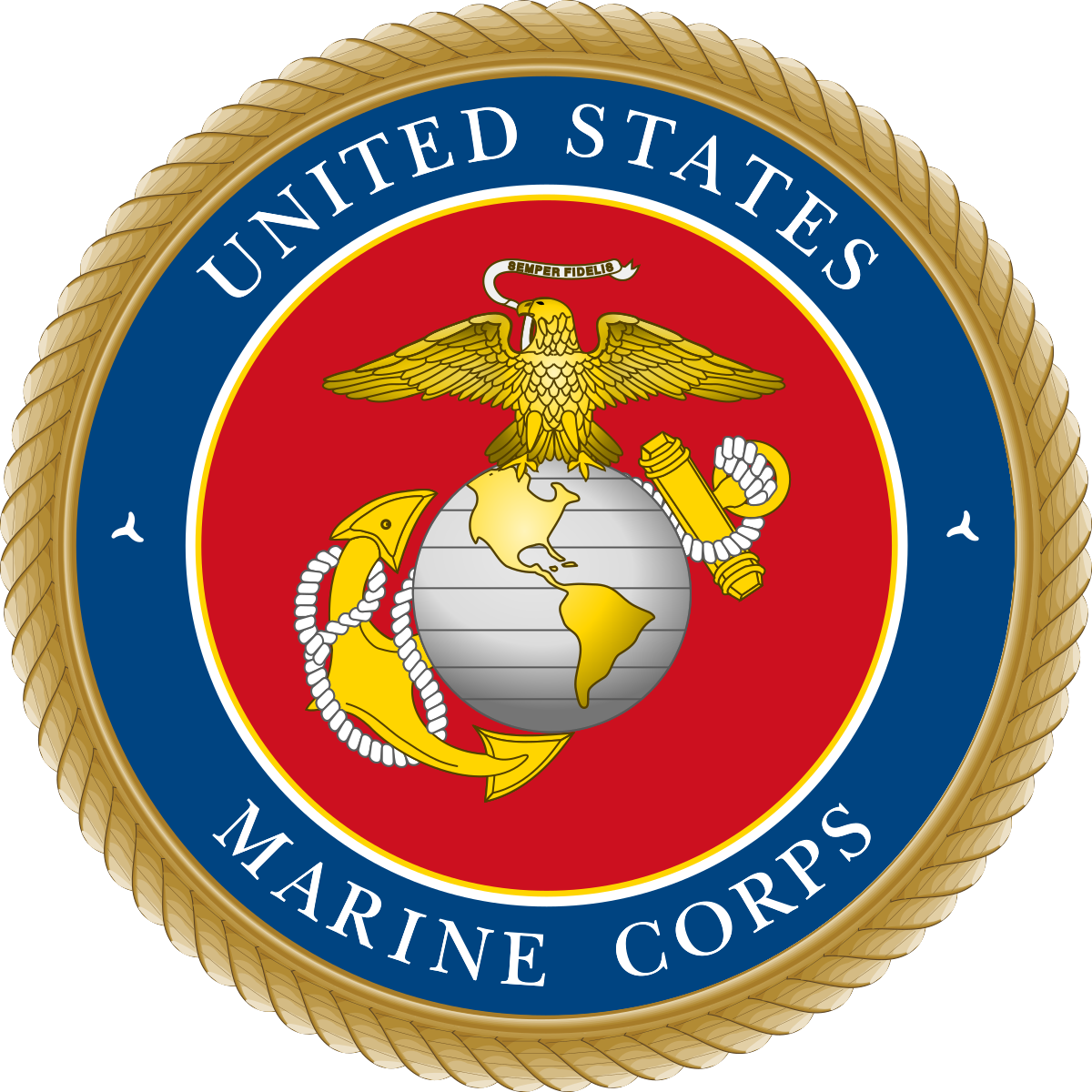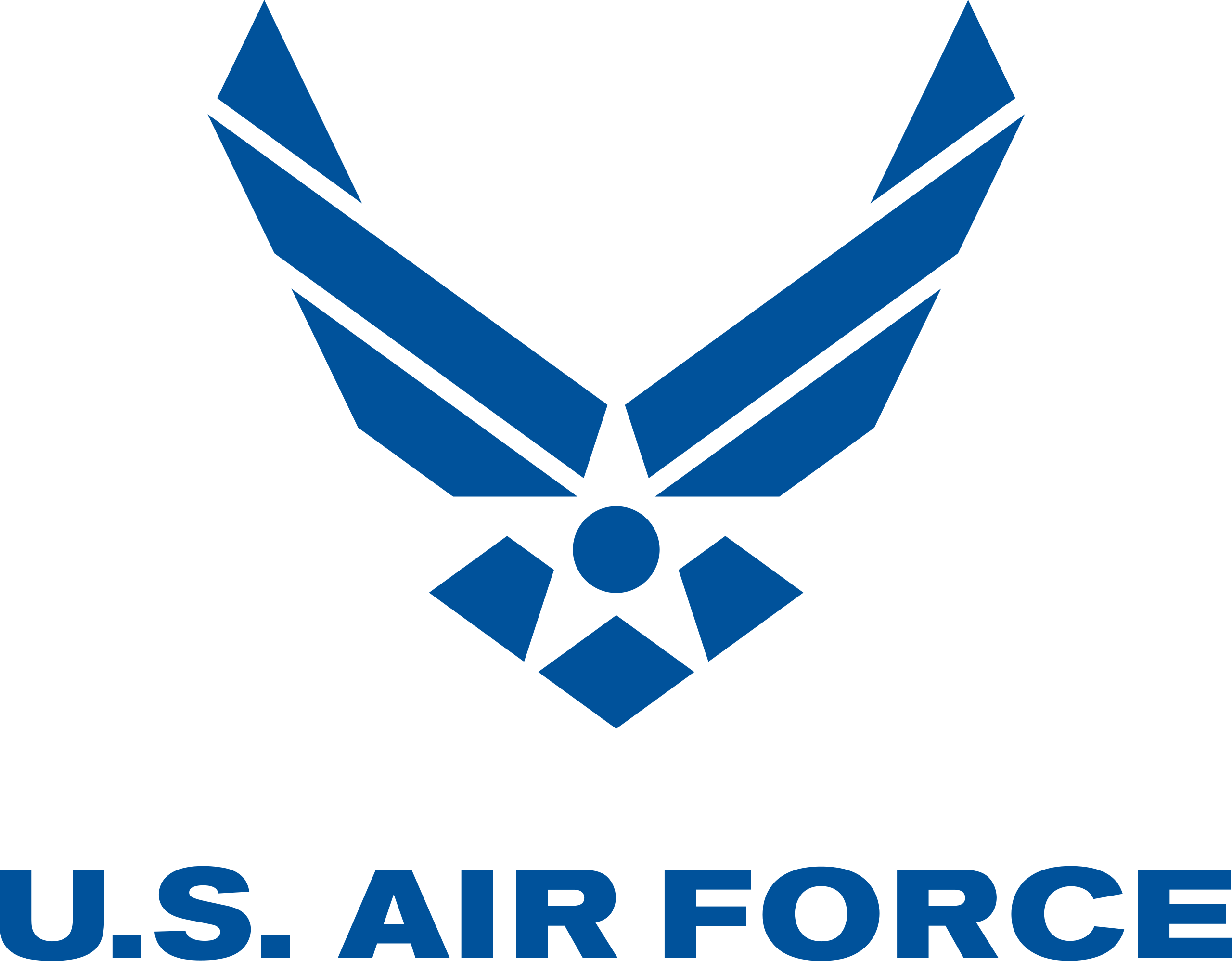1720 - Defensive Cyberspace Weapons Officer
Summary
The Defensive Cyberspace Weapons Officer is a subject matter expert (SME) in defensive cyberspace operations (DCO) with advanced and mastery knowledge of defensive cyber weapons systems and platforms and their employment.
They serve as master defensive operators, technical directors, top-level representatives, special staff officers, and principal technical advisors to selected headquarters and staffs.
1720s coordinate and synchronize all defensive cyberspace missions and related activities with representatives of other information-related capabilities in peer, higher, and adjacent staff organizations and advise commands conducting, supporting, or assisting in providing critical input and analysis in the development, review, and update of OPLANS, CONPLANS, cyberspace operations annexes to operations, operational orders, training, exercises, and letters of instruction.
In doing such, Defensive Cyberspace Weapons Officers improve the commanders decision-making during planning and execution by integrating DCO capabilities into the development of problem framing and desired end states by identifying friendly and enemy cyber vulnerabilities, challenging assumptions about cyberspace, offering alternative perspectives, and aiding in the development of best courses of action at the tactical and operational levels.
Most notably, 1720s utilize knowledge and experience in order to outmaneuver adversaries in cyberspace, defend operational missions and associated key terrain in cyberspace, and employ effects to ensure friendly freedom of movement in and through cyberspace to leverage capabilities, maximize effects, and optimize combat effectiveness in operational domains and across warfighting functions.
Prerequisites
Must be a U.S.
citizen.
Be a high school graduate or possess the service-accepted equivalent as prescribed by current directives.
Possess one of the following aptitude test scores: A cyber test score of 60 or higher.
A combined math and verbal score of 1000 or higher on the Scholastic Aptitude Test (SAT).
An armed services vocational aptitude battery (ASVAB) electrical composite (EL) standard score of 110 or higher; and general technical composite (GT) standard score of 110 or higher.
A combined math and English score of 39 or higher on the American College Test (ACT).
Applicants submitting SAT or ACT test scores will submit a certified copy of the test report.
No convictions by court-martial, civilian courts or non-judicial punishment for any cyber/information technology-related offense within the last three years.
Must have no record of derogatory information or unfavorable conduct that cast doubt on the Marine’s trustworthiness and honesty.
Must have previously held MOSs 0631, 0639, 0671, 0679, 0699, 1711, 1721, 1799, 2611, 2651, 2652, or 2659.
This prerequisite may be waived for extremely qualified applicants from other occupation fields on a case-by-case basis by HQMC, DC I, Information Maneuver Division.
Security requirement: must meet sensitive compartmented information (SCI) eligibility guidelines and complete SCI pre-screen interview with HQMC SSO for assignment qualification per DoN and HQMC SCI policies and procedures based on a single scope background T5 investigation prior to starting the Warrant Officer Basic Course (WOBC) (M02RMN4), The Basic School, Quantico, VA.
Evidence of prior achievement as indicated in the following order of desirability: A strong background in cyberspace operations with evidence of having completed joint qualification requirements for a host or network analyst.
Assigned or serving in MOS 1721 for a minimum of 24 months under the purview of, or within, U.S.
Cyber Command (e.g.
Cyber Mission Force (CMF), Cyber National Mission Force (CNMF), DCO-IDM Companies, or Marine Forces Cyberspace Command).
Endorsed by a Defensive Cyberspace Weapons Officer (1720); Offensive Cyberspace Warfare Officer (1710); Cyberspace Warfare Development Officer, (1705); Cyberspace Warfare Officer (1702); or Cyberspace Warfare Chief (1799) stating that the individual meets the minimum technical expertise requirements for a Defensive Cyberspace Weapons Officer.
Though desirable attributes, a college degree and certifications do not replace operational experience.
Requirements
Defensive Cyberspace Weapons Officers must have an advanced comprehensive and theoretical knowledge of: Defensive Cyberspace Operations.
Cyberspace policy and doctrine.
Plans, concepts, strategies, and tactics for development and employment of defensive cyberspace weapons systems.
The purpose and proper employment of military intelligence.
The cyberspace environment and environment monitoring.
The joint operational planning process and the Marine Corps planning process.
Cyberspace Command and Control.
Classified national systems.
Cyber-related legal considerations.
Malware analysis.
Digital forensics.
Facility-related control systems (FRCS)/Industrial Control Systems (ICS)/ Platform Information Technology (PIT)/ and Supervisory Control, and Data Acquisition (SCADA) systems.
Use of information and data to conduct cyber analytics.
Cyber acquisition management.
Mastery knowledge and demonstrated master-level proficiency of the following core competencies, which must be trained to, exercised, and sustained: Cyberspace hunt operations.
Cyberspace Incident Response (IR) operations.
Cyberspace Threat Emulation (CTE) operations.
Internal Defensive Measure (IDM) operations.
Must complete the Warrant Officer Basic Course (M02RMN4) within 18 months of appointment to Warrant Officer.
Must successfully complete the first available Cyber Operations Planning Course (COPC) (A09BN72) upon graduation from the Warrant Officer Basic Course (WOBC) (M02RMN4), The Basic School, Quantico, VA.
Skills progression and career enhancement courses required for Defensive Cyberspace Weapons Officers: Relevant courses for skill progression in different areas CWO5 to WO1: SIEM: SEC555: SIEM with Tactical Analytics.
Incident Response: FOR508: advanced incident response, threat hunting, and digital forensics.
Skill progression and career enhancement courses required within the first 30 months of their first assignment for Defensive Cyberspace Weapons Officers (CWO3 to WO1): GIAC security expert (GSE) certification course(s).
SEC401: Security Essentials-network, endpoint, and cloud.
SEC503: intrusion detection in-depth.
SEC504: hacker tools, techniques, and incident handling.
Skill progression and career enhancement courses required for Defensive Cyberspace Weapons Officers (CWO4 to CWO3): Joint Operation Planning and Execution System (JOPES), taught at various locations (nine days).
Quota control is HQMC (code POC-30) at DSN 224-2116.
Skill progression and career enhancement courses required for Defensive Cyberspace Weapons Officers (CWO5 to CWO4): MGT512: security leadership essentials for managers.
MGT514: security strategic planning, policy, and leadership.
MGT525: managing cybersecurity initiatives and effective communications.
Must obtain and maintain the appropriate IAT Level III and IAM Level III certifications in accordance with DOD 8570.01-m.
Must be willing to submit to a counterintelligence scope polygraph examination.
POI CID
A09BN72
Duties
Execute the operational engineering of defensive cyberspace weapons systems and oversee the employment and effectiveness of maintaining the defense of mission mission-critical assets while researching, testing, planning, and employing alternative and creative emerging defensive capabilities to impose costs on adversaries.
Coordinate and liaise with host nation, international and non-governmental personnel, Defense Industrial Base (DIB), interagency, and other cyberspace components of the Armed Forces that are engaged in analytical or evaluation work to exchange technical tradecraft and knowledge building, testing, and refining service tactics, techniques, and procedures (TTPs).
Attend and participate in DoD, DIB, and non-military conferences and events gathering technical tradecraft and knowledge on emerging adversarial TTPs for countering the adversary in cyberspace and imposing costs exercising this tradecraft by planning, organizing, conducting, attending, and participating in hosted competitive cyber events.
Advise on, plan, coordinate, and facilitate military and civilian professional defensive cyberspace development opportunities encompassing all issues relating to training policies, standards, training program development, unit training management/evaluation, and unit training readiness; ensuring that qualification training is conducted following the existing regulations, and that appropriate records are maintained.
Maintain mastery knowledge of and conduct advanced host and network analysis, malware analysis, reverse engineering, data analytics, infrastructure utilization, defensive cyberspace weapons platform design and employment, utilization of intelligence data, briefing/debriefing cyber related capabilities and actions on objectives, mission analysis, cyber terrain engagement, collection requirements management, and understanding of doctrine, policies, and authorities that govern threat response, defensive cyberspace operations (DCO), and intelligence procedures.
For a complete listing of duties and tasks, refer to NAVMC 3500.124A, Information Maneuver Training and Readiness Manual.
Related SOC Title & Code
Computer and Information Systems Managers 11-3021.
Information Security Analysts 15-1212.
Computer and Information Research Scientists 15-1220.
Data Scientists 15-2051.
Computer Hardware Engineers 17-2061.
Command and Control Center Officers 55-1015.
Military Officer Special and Tactical Operations Leaders/Managers, All Other 55-1019.
Related Military Skill
Cyberspace Warfare Officer, 1702.
Cyberspace Warfare Development Officer, 1705.
Cyberspace Warfare Operator, 1721.
Cyberspace Warfare Chief, 1799.
 USMC
USMC NAVY
NAVY AIR FORCE
AIR FORCE ARMY
ARMY COAST GUARD
COAST GUARD SPACE FORCE
SPACE FORCE